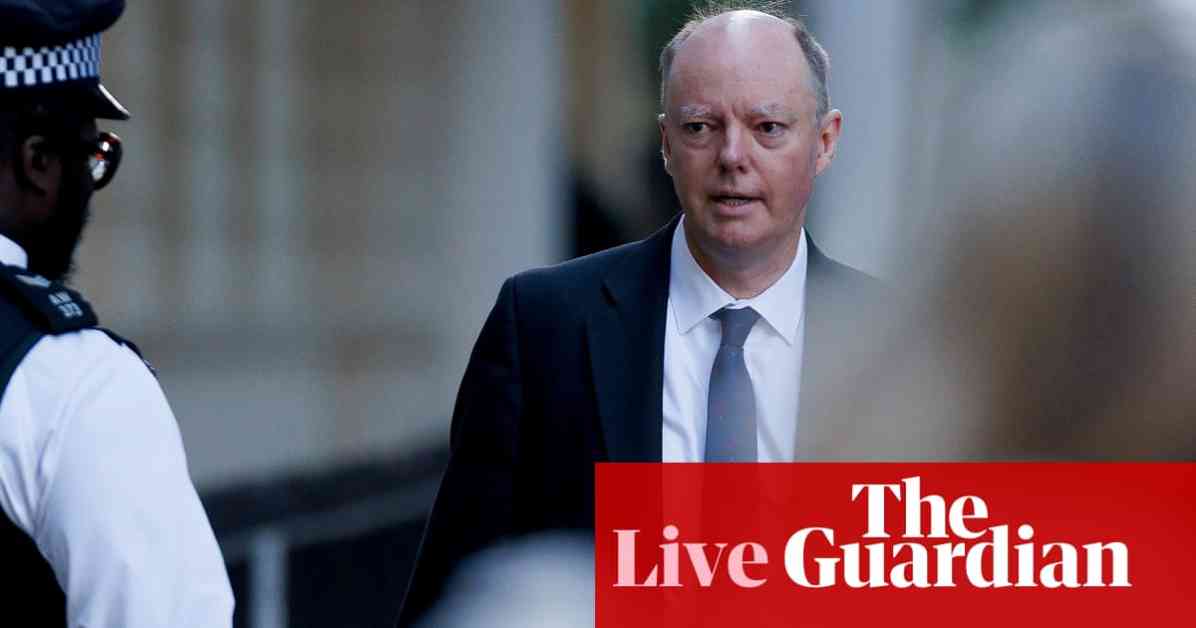Chris Whitty, the chief medical officer for England, revealed in a Covid inquiry that the UK entered the pandemic with a significantly low intensive care unit (ICU) capacity compared to other wealthy nations. This lack of ICU capacity was described as a political choice and a system configuration choice made by the UK. Whitty emphasized that the shortage of trained staff was a major factor that limited the ability to quickly scale up ICU capacity.
He highlighted that ICU capacity cannot be increased rapidly without trained personnel, stating that the key limiting factor for scale-up is the availability of trained individuals. Whitty pointed out the challenges faced in setting up additional ICU facilities like the Nightingale hospitals due to the shortage of experienced ICU nurses and doctors. He emphasized that it is not possible to train someone in a short period to have the expertise of an experienced ICU healthcare professional.
Whitty also addressed the issue of how health chiefs may have overstated the risks of Covid at the start of the pandemic. He acknowledged the difficulty in finding the right balance between instilling concern about the virus and avoiding unnecessary fear among the population. He also mentioned the importance of quickly recognizing the emergence of long Covid and the challenges in addressing it effectively.
Furthermore, Whitty criticized the World Health Organization’s tweet stating that Covid-19 is not airborne, highlighting the pitfalls of providing definitive statements on complex scientific issues through social media. He also noted the confusion surrounding the messaging on the use of masks for healthcare workers at the beginning of the pandemic.
In response to the potential changes in fiscal rules allowing more borrowing, former Chancellor Jeremy Hunt cautioned that higher borrowing could lead to higher interest rates for a longer period. This was in reference to reports suggesting that Rachel Reeves, the Chancellor, was considering altering fiscal rules to accommodate increased borrowing.
The article also touched on the issue of road deaths in Britain, with campaigners expressing concern over the unacceptably high number of fatalities despite a slight decrease in the figures. The Royal Society for the Prevention of Accidents highlighted the need for a comprehensive road safety strategy to address the stagnation in reducing fatalities.
Knife crime in England and Wales was reported to have increased by 4% in the year ending March 2024, with a significant number of offences involving knives or sharp instruments. The Office for National Statistics noted the rise in knife-related crimes, particularly in assaults and robberies.
Elon Musk’s comments about the UK not inviting him to an investment conference and his criticism of the country’s approach to social media posts were also mentioned. The article highlighted the differing views of political figures, with Kemi Badenoch expressing admiration for Musk while other Tory leadership candidates remained cautious in their responses.
The UK’s involvement in the Aukus partnership and the potential impact of a bilateral treaty with Australia were discussed, along with efforts to address the crisis in Lebanon and promote responsible global leadership at the United Nations.
Overall, the article covered a range of topics related to healthcare capacity, fiscal policies, crime statistics, international relations, and political responses to global challenges, providing a comprehensive overview of key events and discussions in the UK.












